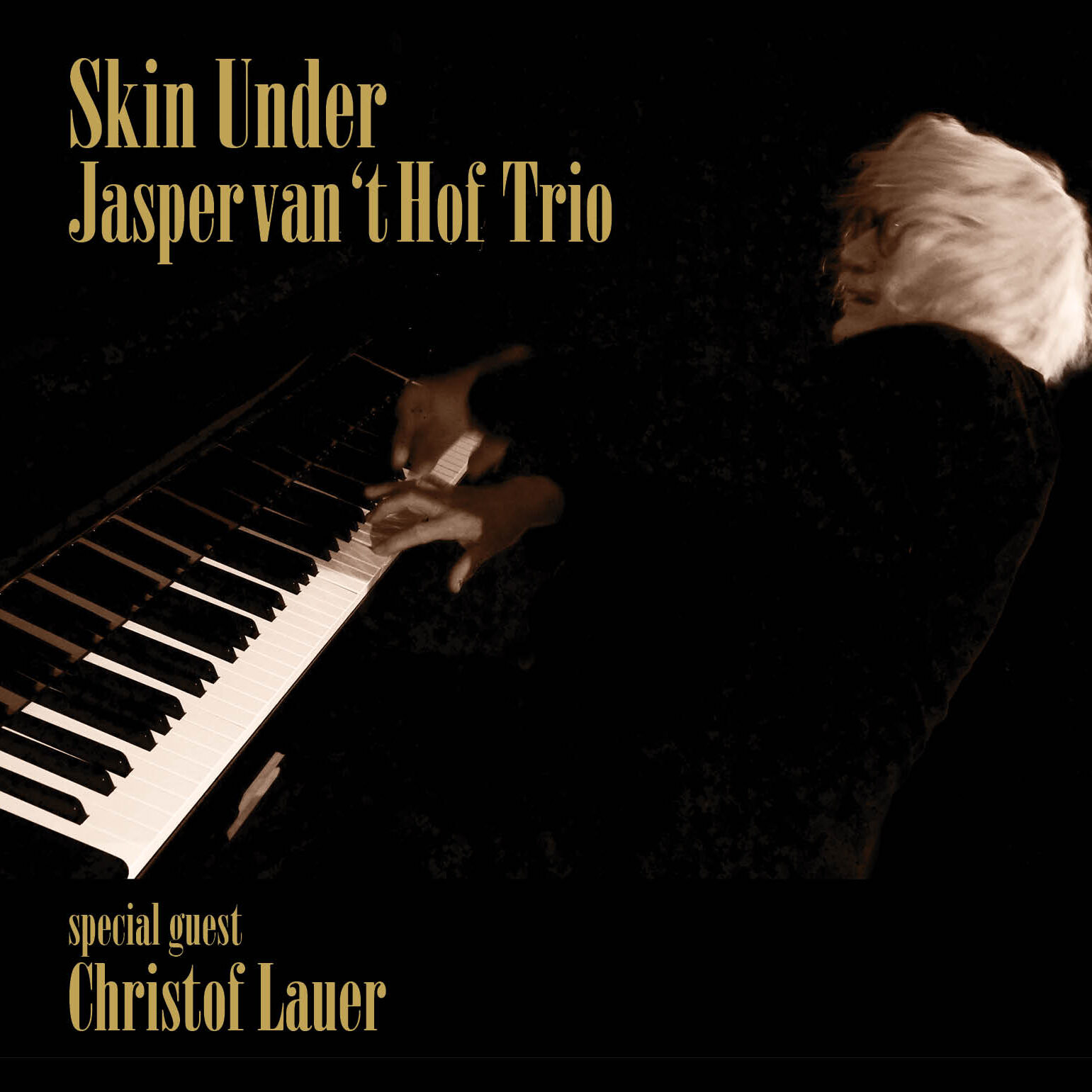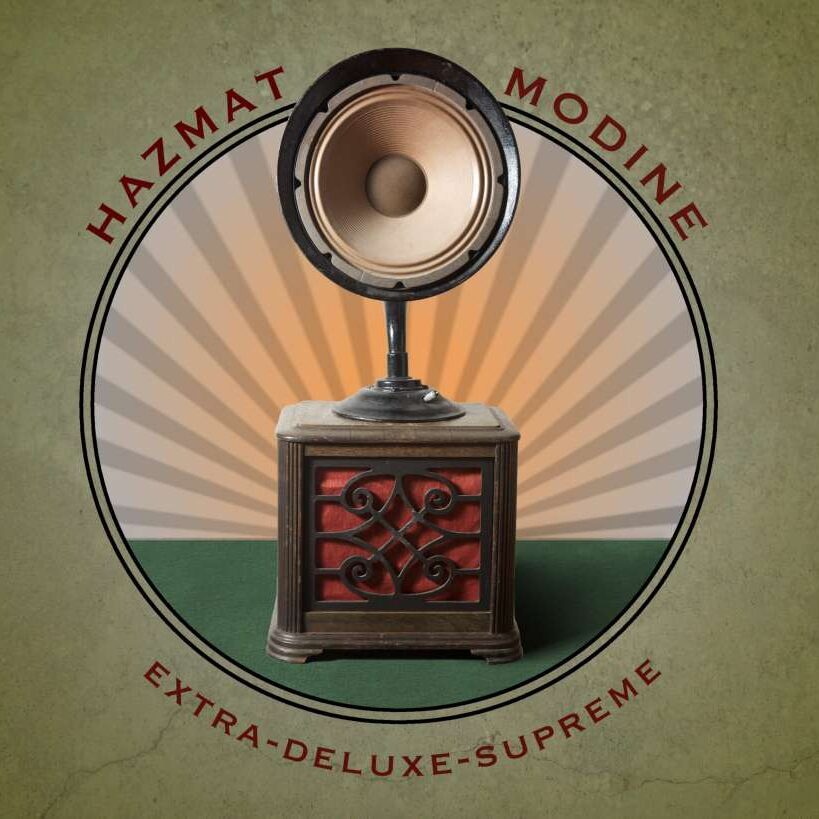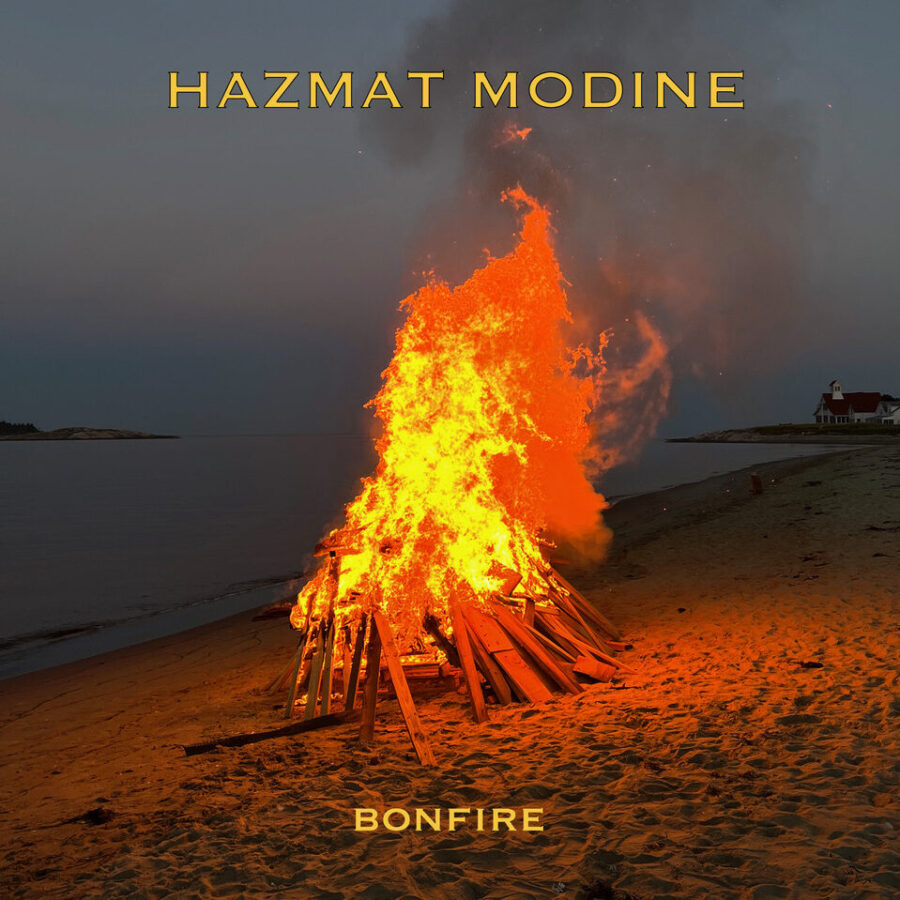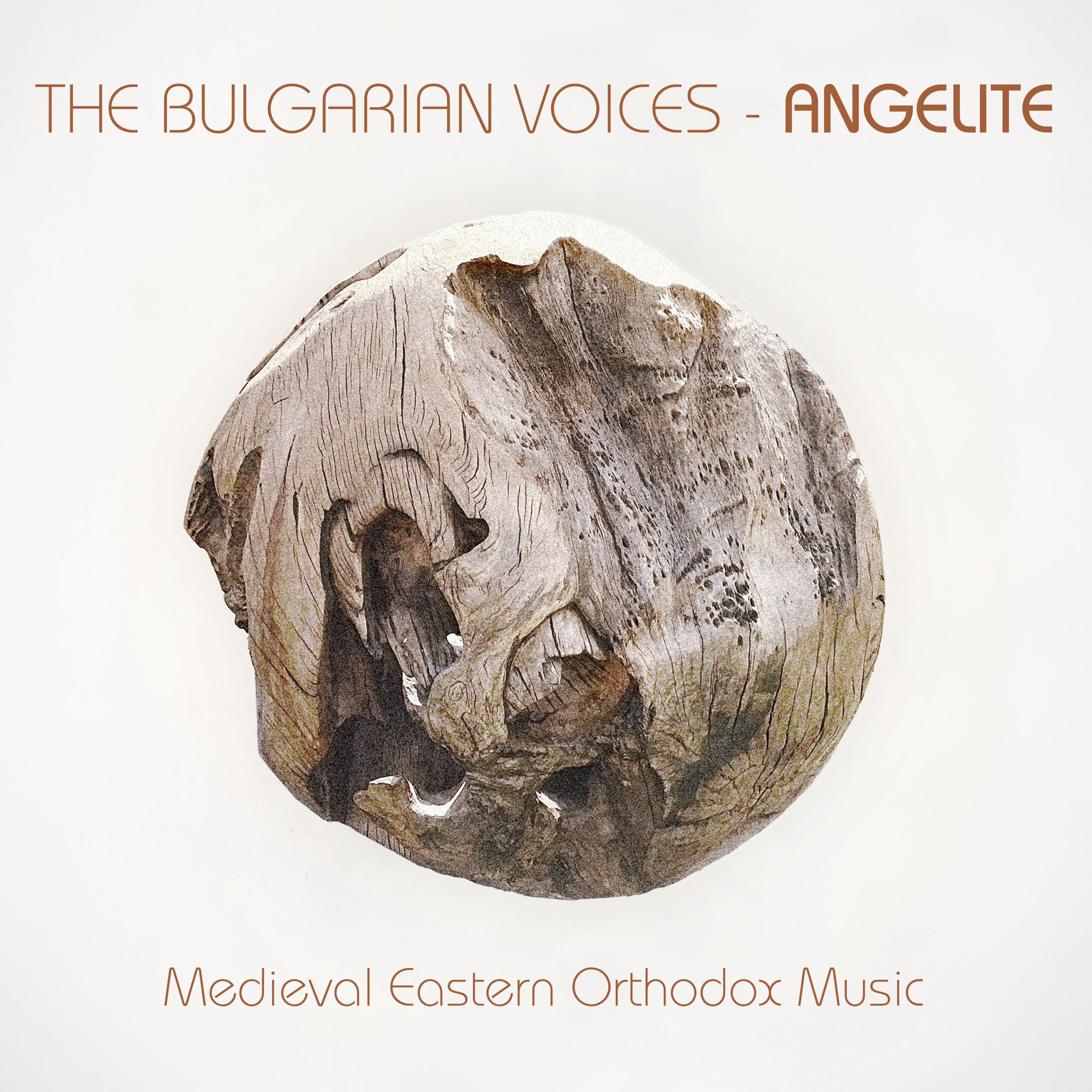The Black Slavics
18,00 €
And what if the “Black Slavics” really had been deported to Russia and founded a new style of music whose influence continued to be felt down to the present?
How could the music sound created by black slaves having been deported to 17th century Russia? How would African rhythms and melodies merge with Russian orthodox songs? LES ANGES COMPAGNIE, a Brussels based a cappella group, interprets songs documenting an imaginary meeting of African and Slavonic culture in Russia in the 17th century. With ex-Zap Mama singer Sylvie Nawasadio.
To think history against the grain can be a rewarding activity. Here it is a case in which a chapter in history has been re-imagined from beginning to end:
In 1684, Evgeni, the brother of the Tsar Peter the Great, held a secret meeting with Zadek Ibn Farouk, the famous Guinea-based black slaves trader, to negotiate the purchase of 2 500 slaves for house and fields labour.
Evgeni Nicolaievitch, an eccentric person, had decided to replace all of his slaves and servants with Africans. The slaves arrived one year later via the Baltic sea and were settled in Kazan, 500 km from Moscow, where Evgeni and his household resided.
Problems soon arose and a mere three years after their arrival Evgeni drove all of the Africans out of Kazan. A long odyssey scattered them in the Ukraine, the Urals and the Balkans, where they founded colonies now no longer in existence due to the epidemics and famines of the nineteenth century.
“The Black Slavics” represent the music of those Africans and their descendants who settled in Russia. Czaristic law prohibited them from singing in their mother tongue or singing their own religious music, which was considered too rhythmic for the church’s liking.
“The Black Slavics” have adapted Russian songs to their own style and you will hear that long transformation from Russian into African song, rescued from oblivion by the Georgian musicologist Kajnun Marimov. This Project is an example to the of “Music-Fiction”, a concept invented by Thierry Van Roy: the re-writing history and, in the process, the creation of the music which might have developed if history had taken that route.
This new form of musical creation is unlimited : if you change one or several elements of the past, the present or the future, you arrive at a fictional change in the face of the world and thereby in music, for music always results from the interaction between cultures that takes place at the mercy of the transformations in the history of civilisation.
And what if the “Black Slavics” really had been deported to Russia and founded a new style of music whose influence continued to be felt down to the present?
The Black Slavics project is interpreted by the choir LES ANGES COMPAGNIE. In most of the songs, the first part presents the traditional version in polyphony and in the original language (Russian, Croatian, Ukrainian, Bulgarian or Hungarian), while the second part traces its evolution as brought about imaginarily in Lingala/Emdash, one of the most widely spoken languages of central Africa. These interpretations of the Slavic songs were all improvised on the day of the recording.
[/tab][tab title=” Les Anges Compagnie”]The Compagnie was founded by Ange Dialot Nawasadio in Brussels in 1994. The underlying idea was to define the missing link in Black Music with two words : “Afro-Soul”. It is the musical expression of the Africans living in Europe – in the squeeze between the influences of African-American and continental African music. The Compagnie decided to set about realising its goals by involving professional artists in its various projects (concerts, performances) and basing all creative process on improvisation.
Our repertory covered three different directions :
1. Popular Black Music : Stevie Wonder, Bob Marley and old African songs.
2. Original compositions (written primarily by Ange D. Nawasadio)
3. Sacred Music: gospel, spirituals, etc
And now we can add it to the Black Slavics-project which emphasizes our will to define the musical expression of the Africans living in Europe as the missing link in Black Music, Afro-Soul.
[/tab][tab title=”Personnel”]Ange Nawasadio (Congo-Kin.) – artistic director
Gyle Waddy (USA) – choir leader
Sylvie Nawasadio (Congo-Kin.)
Alexia Waku (Congo-Kin.)
Guy Waku (Congo-Kin.)
Marie-Ange Teeuwen (Burundi)
Dju BB’ (Congo-Kin.)
Epolo (Congo-Kin.)
Jojotte (Congo Brazza)
Lionel Sonna (Cameroun)
William Wright (USA)
Borys Cholewka (Ukraine) as a guest.




